Earth’s history is brimming with creatures that made our planet a truly dangerous place to live. While dinosaurs get the spotlight, they weren’t the only terrifying beasts out there. Let’s dive into the prehistoric roster and meet 15 nightmarish creatures that lurked on Earth after the age of dinosaurs.
15. Megalania: A Giant Lizard with a Venomous Bite
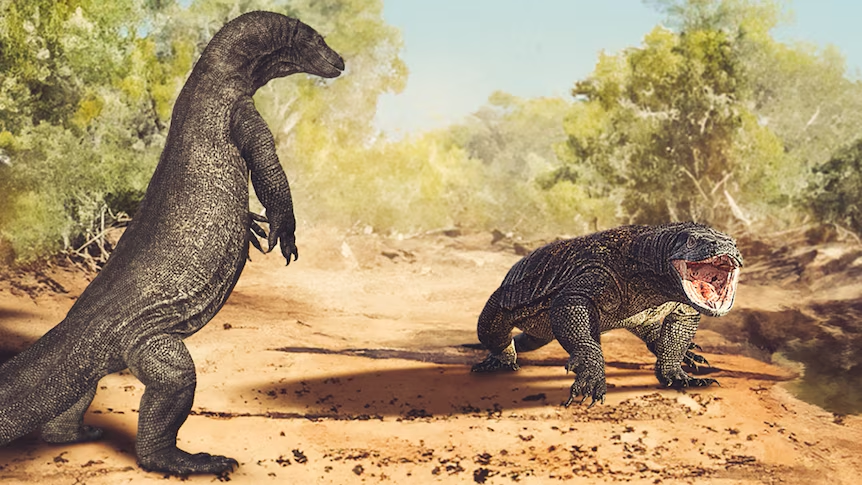
Australia’s Megalania was no ordinary lizard—it could reach lengths of up to 23 feet and weigh around 4,300 pounds, comparable to a small car. This massive predator, potentially venomous like its Komodo dragon relatives, would have been a terrifying encounter for early human settlers. Just imagine a lizard the size of a bus with a venomous bite—definitely nightmare fuel.
14. Doryaspis: A Spiky Fish with a Vicious Snout
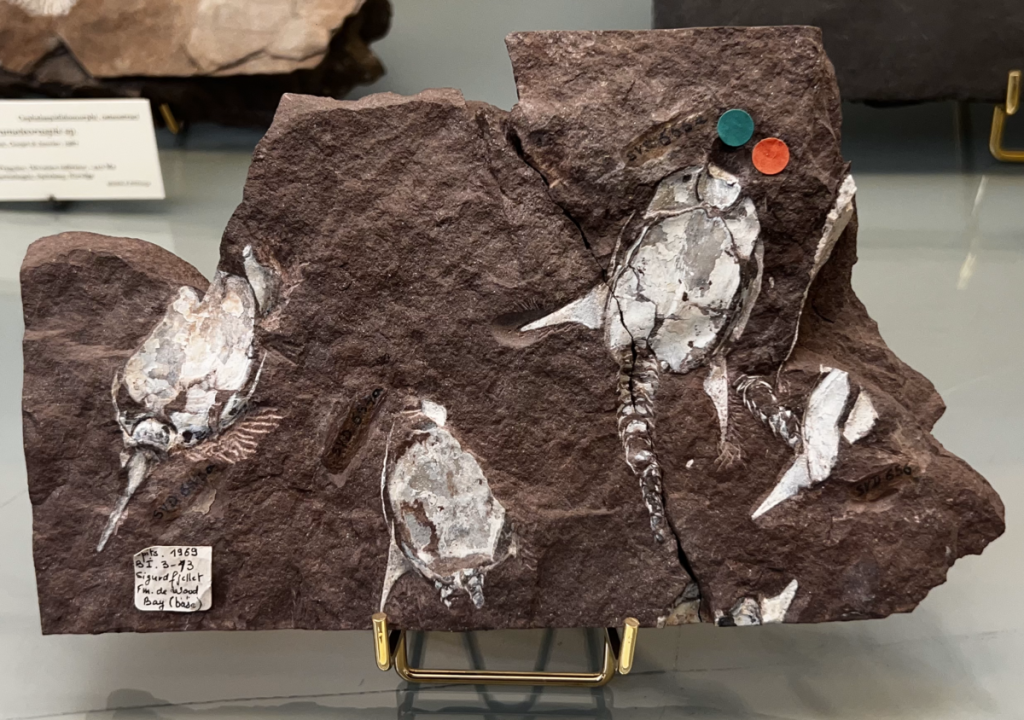
At about a foot long, Doryaspis may not have been huge, but its spiked snout and jagged fins made it a formidable creature of the Devonian Period. This jawless fish would root through crustaceans with its spiked features, and though small, it was well-suited for sneaking up on prey. Its sharp spikes were more than capable of tearing through just about anything it encountered.
13. Mesosaurus: The Needle-Toothed Marine Reptile
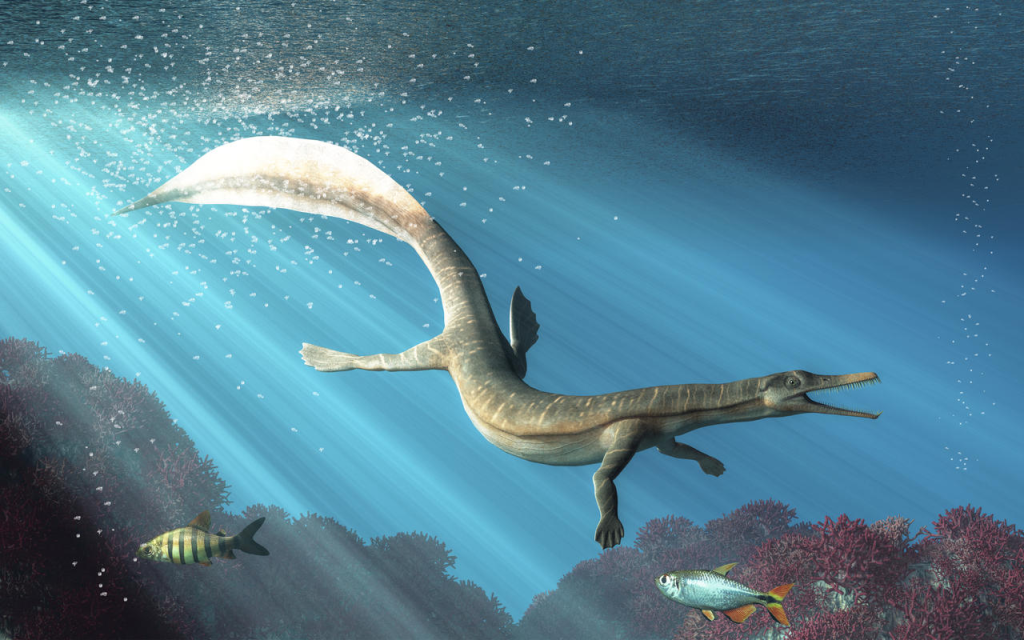
Mesosaurus, an early marine reptile, wasn’t very big—around three feet long—but it made up for its size with a terrifying appearance and needle-like teeth. This Permian-period swimmer had webbed feet and a long tail that allowed it to dart quickly through water. Encountering a creature like this in the ocean would give anyone a reason to avoid a swim.
12. Arctodus: The Giant Short-Faced Bear
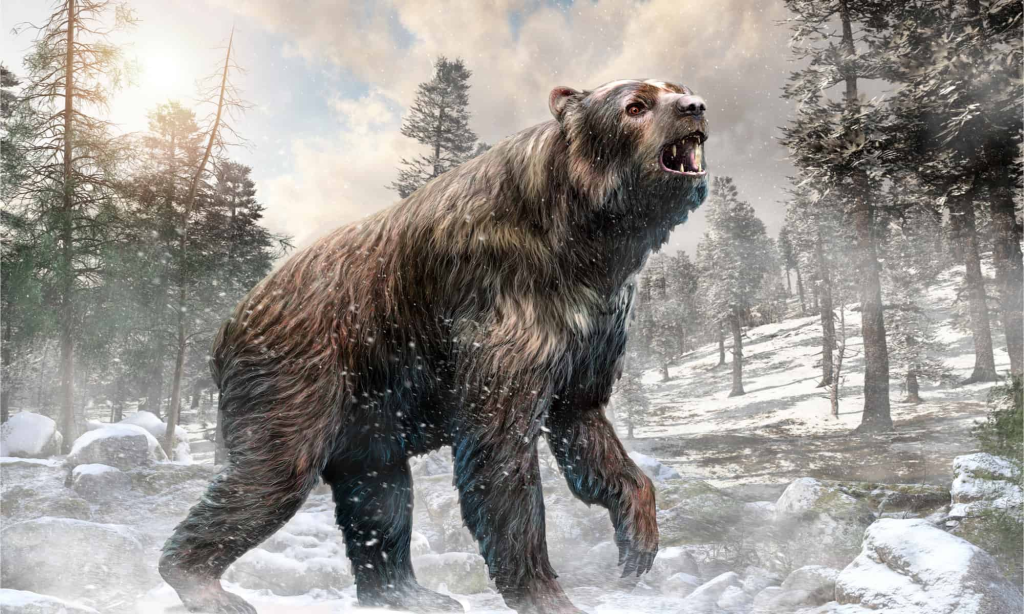
Imagine running into a bear that stood over 12 feet tall and weighed more than 2,000 pounds. That’s Arctodus, also known as the giant short-faced bear. With a bite force of 2,000 psi and the ability to reach 40 miles per hour in a sprint, this bear was built for power and speed. Early humans stood just about four feet tall, making Arctodus an intimidating figure in their world.
11. Argentavis: The Bird with a 22-Foot Wingspan
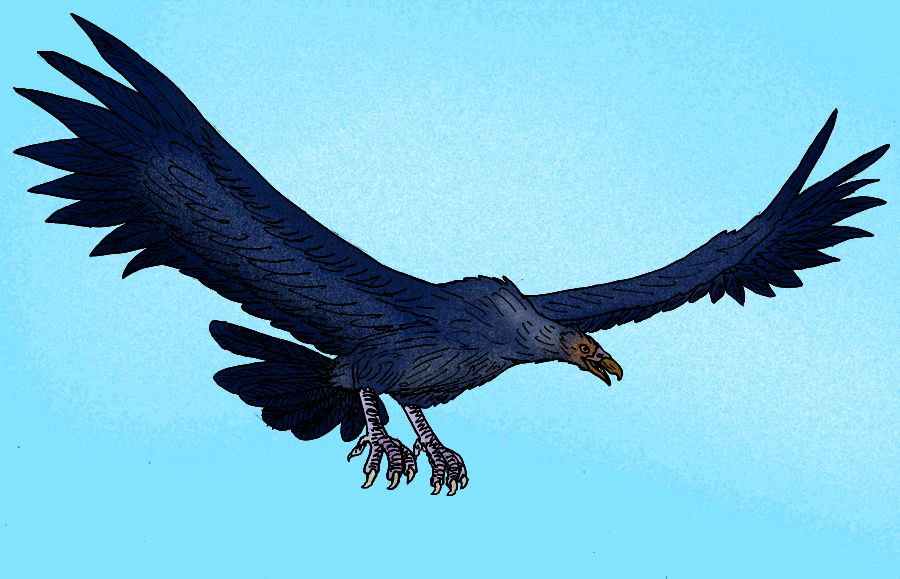
Argentavis was no ordinary bird. With a wingspan reaching up to 22 feet, this “monster bird” would glide over vast areas, looking for prey. Weighing around 154 pounds, it’s the largest known bird to take to the skies. Imagine looking up to see this creature circling—its talons and sharp beak ready for action. Terrifying.
10. Thalattoarchon: Apex Predator of the Prehistoric Seas
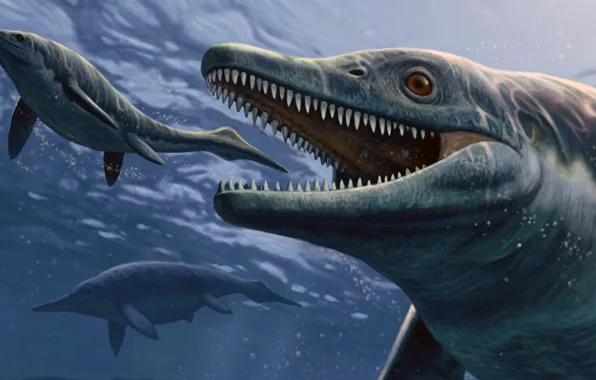
Thalattoarchon was a marine reptile that could grow up to 66 feet long, with blade-like teeth perfect for slicing through flesh. With a bite force rivaling that of a T-Rex, it ruled the seas as a true apex predator. Encountering this in the water would be a nightmare come to life.
9. Megatherium: A Giant Sloth with Crushing Weight
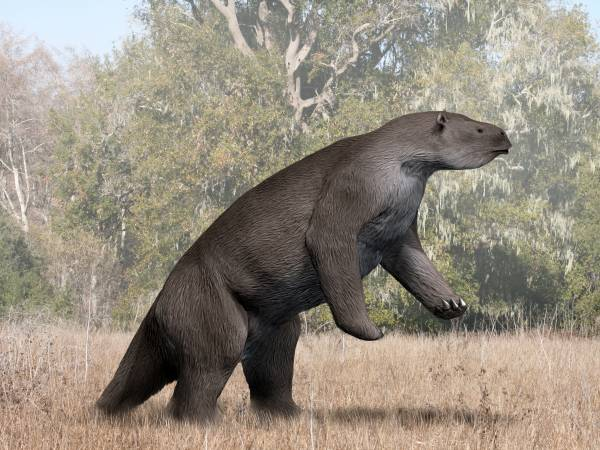
While modern sloths are lovable, Megatherium was far from cuddly. This massive sloth weighed around 8,800 pounds and reached up to 20 feet in length. Although it was herbivorous, its sheer size and weight could crush anything in its path. Thankfully, today’s sloths are much smaller and less intimidating.
8. Gorgonops: The Saber-Toothed Predator of the Permian
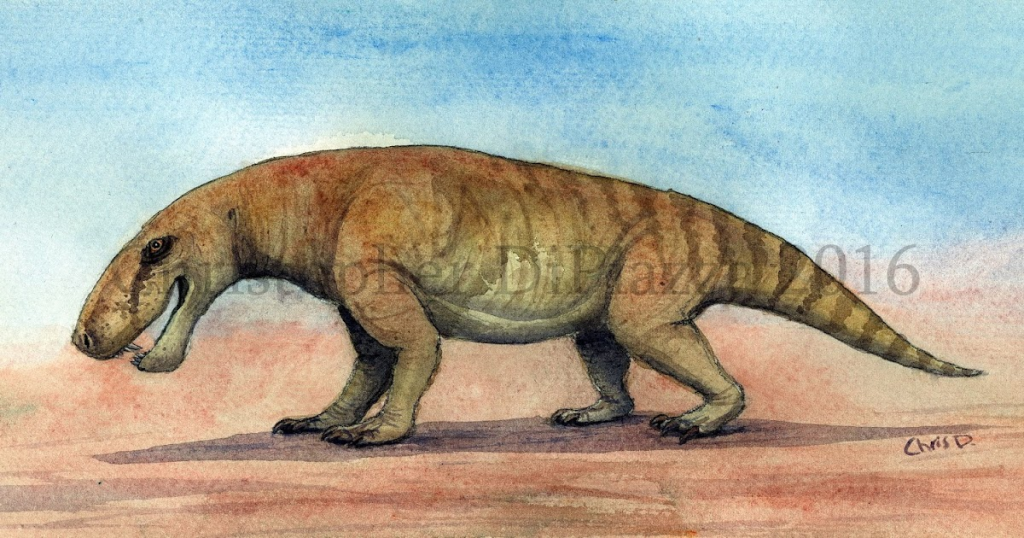
Gorgonops, a six-foot-long predator, prowled during the Late Permian. With a body that combined features of a dog, lizard, and saber-toothed cat, it was a formidable hunter. Gorgonops would use its large, sharp teeth to tear through prey, making it a predator worth fearing in ancient times.
7. Megapiranha: The Ultimate Prehistoric Flesh-Ripper
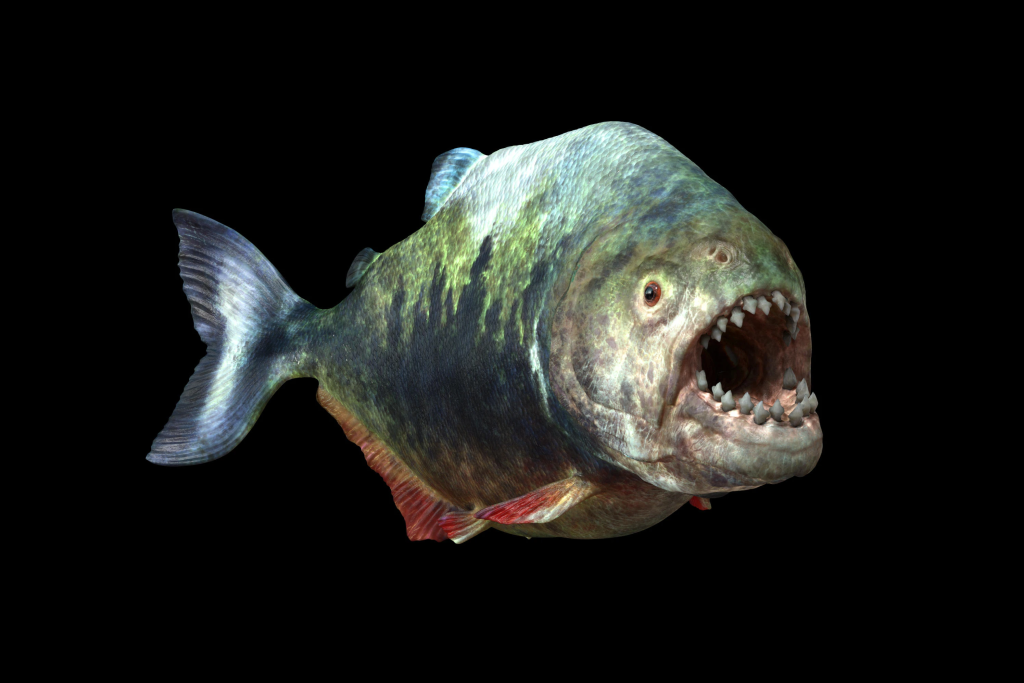
Forget the modern piranha. Megapiranha was a monstrous 28-inch-long version with a bite force of up to 1,000 psi. When attacking in schools, it could easily take down larger animals. Swimming with Megapiranha would be a terrifying experience, as these fish weren’t just big—they were powerfully dangerous.
6. Gigantopithecus: The Real-Life Bigfoot
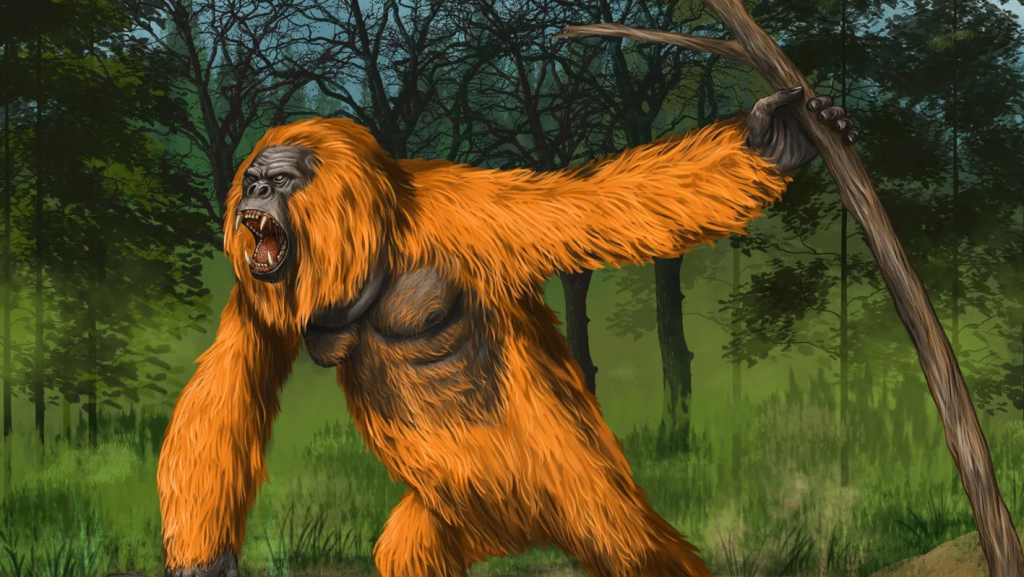
Gigantopithecus stood about 10 feet tall and weighed roughly 1,100 pounds, making it the largest hominid ever. Though a plant-eater, its size alone would have made it a frightening sight for early humans. Many believe this creature inspired legends of Bigfoot, making it a prehistoric giant shrouded in mystery.
5. Dimetrodon: The Sail-Backed Predator
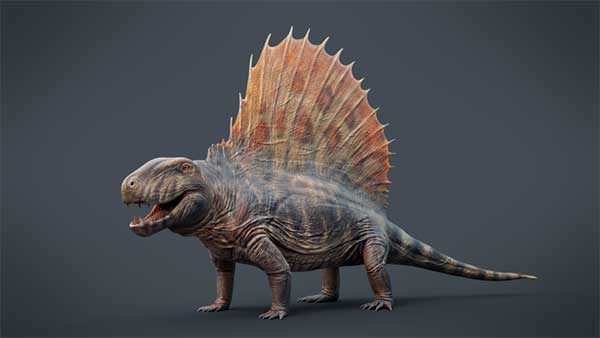
Predating the dinosaurs, Dimetrodon was a fierce predator with a prominent sail along its back and sharp teeth perfect for tearing into prey. Growing over 11 feet in length, Dimetrodon was a significant threat in its ecosystem, marking it as one of the earliest dominant predators on Earth.
4. Megalodon: The Apex Shark with an 80-Foot Bite
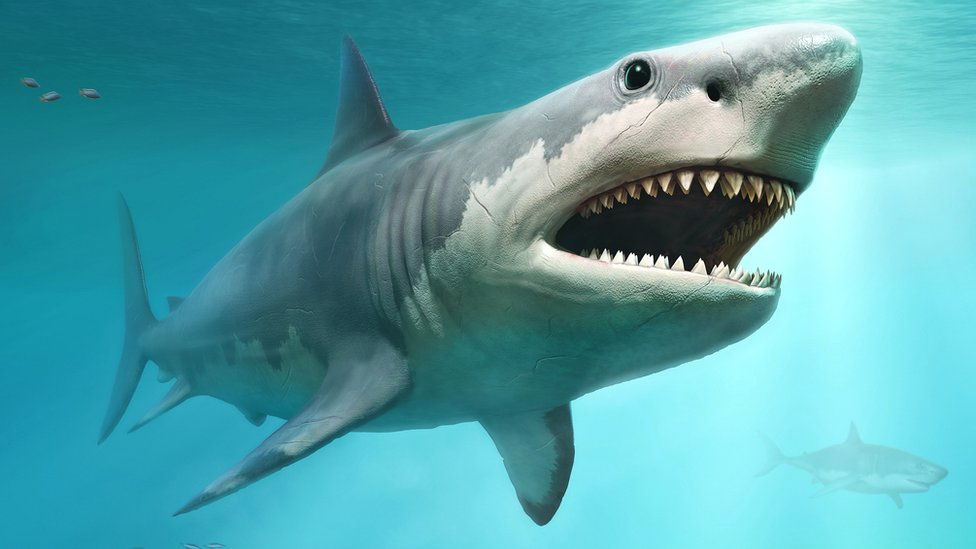
Megalodon is the ocean’s ultimate terror story. Reaching lengths of up to 80 feet and with a bite force more than ten times that of a Great White, Megalodon ruled the prehistoric seas. It’s a relief this monster is long gone—encountering it while swimming would be an unthinkable experience.
3. Hyaenodon: The Crushing-Jawed Predator
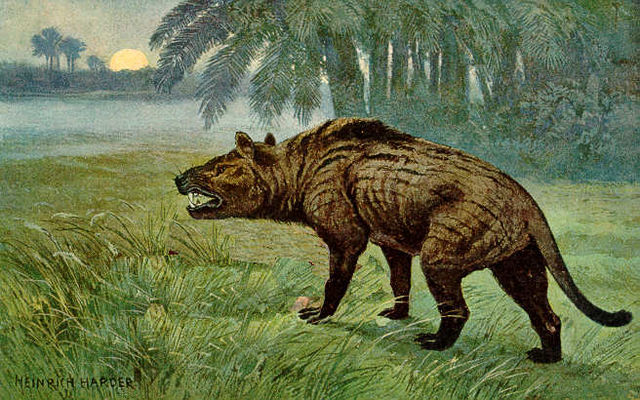
With jaws capable of snapping necks in one bite, Hyaenodon was a heavyweight predator that weighed up to 830 pounds. Known for hunting everything from primitive horses to other carnivores, this beast was a dominant force on the prehistoric plains of Eurasia and North America.
2. Liopleurodon: The Swift and Massive Sea Predator
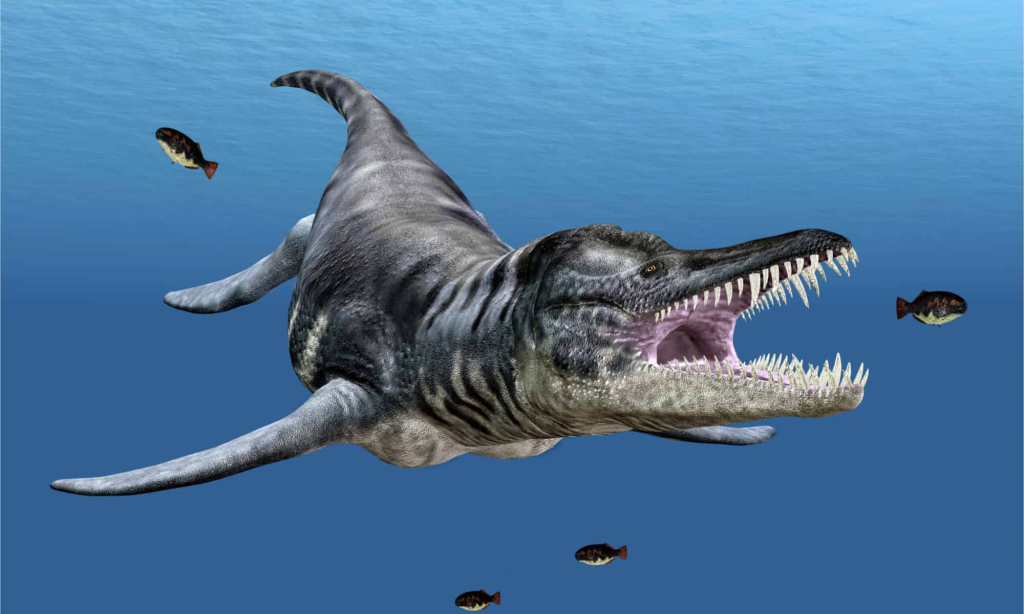
Liopleurodon, a marine reptile, weighed around 10 tons and reached up to 30 feet in length. With paddle-like limbs for swift swimming and a bite more powerful than a T-Rex, this apex predator ruled the seas, feeding on squids and other large marine reptiles. The sight of it slicing through the water would have terrified anything in its path.
1. Sarcosuchus Imperator: The “Super Crocâ€
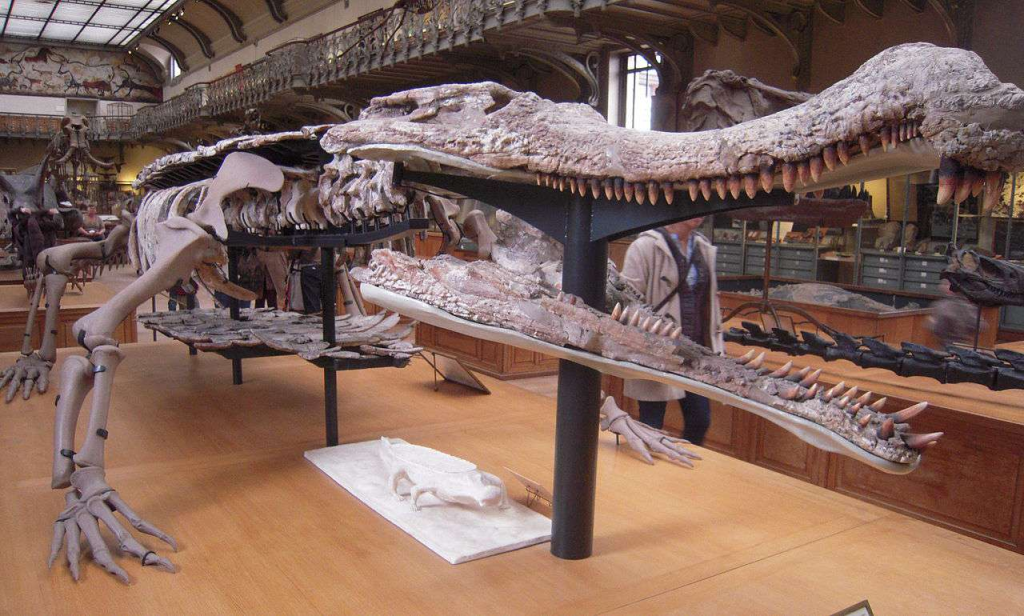
The massive Sarcosuchus Imperator, or “super croc,” could grow up to 40 feet long and weigh nine tons. This monstrous crocodilian ruled its riverine domain, taking down prey with its powerful jaws. Thankfully, today’s crocs are only a fraction of its size, leaving Sarcosuchus as a relic of the truly terrifying power of prehistoric creatures.




























